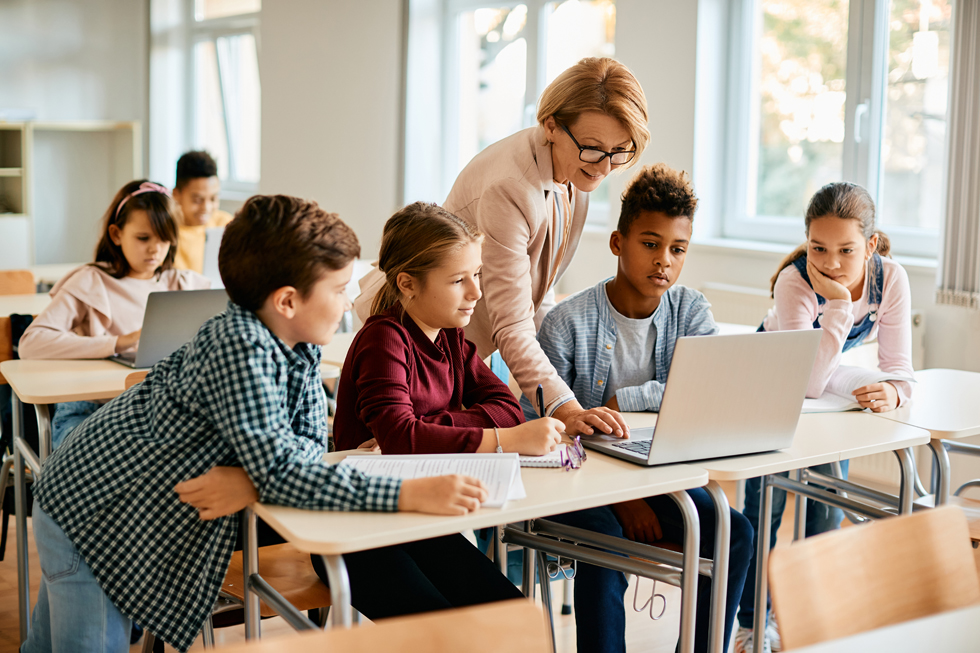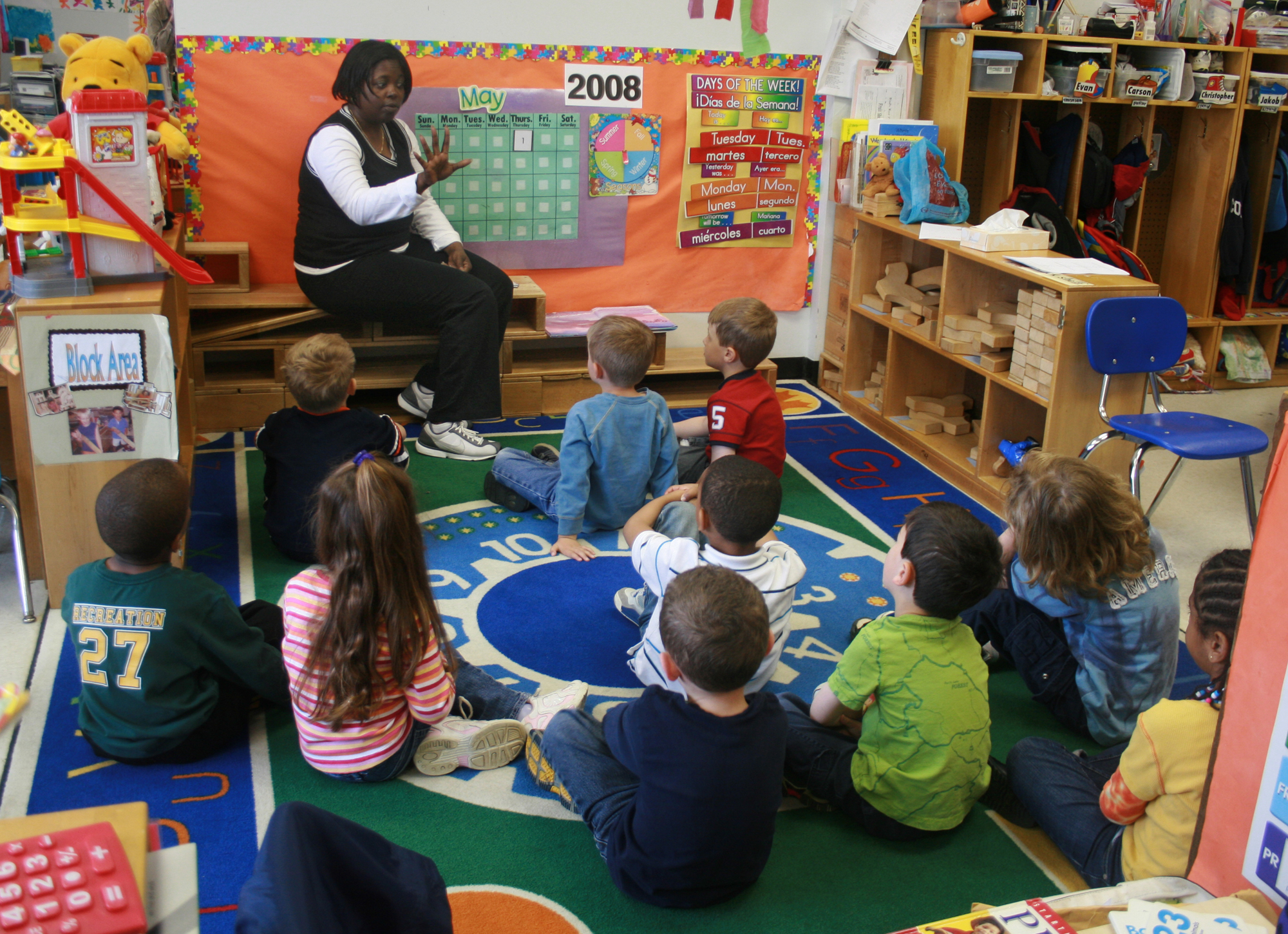Understanding the Value of Institutions in Kid Advancement and Area Development
Colleges' interaction with neighborhood areas through service-learning campaigns reinforces the bond in between family members and academic establishments. This symbiotic relationship highlights the relevance of schools in supporting active citizenship and lifelong knowing habits.
Academic Achievement
Academic success acts as a keystone of youngster advancement, supplying the foundation whereupon future learning and success are constructed. Colleges play a pivotal role in fostering this academic growth, supplying organized atmospheres where youngsters can obtain essential expertise and cognitive skills. Standardized educational program make sure that trainees gain efficiency in core subjects such as maths, scientific research, and language arts, which are critical for both greater education and specialist chances.
Along with giving fundamental academic skills, schools also cultivate vital thinking, analytical abilities, and intellectual inquisitiveness. These cognitive expertises are crucial for browsing intricate real-world situations and adapting to the ever-evolving needs of the modern-day office. Teachers, as facilitators of understanding, employ diverse pedagogical approaches to accommodate diverse understanding designs, thereby making the most of specific pupil potential.
In addition, academic success is very closely linked to self-worth and inspiration. Youngsters that experience academic accomplishments are extra likely to develop a positive self-concept and a long-lasting interest for understanding. Schools likewise supply various sources, such as libraries and innovation, which better boost the academic experience and prepare pupils for a highly advanced culture.
Social Skill Advancement
Beyond scholastic achievement, the duty of schools in social skill development is crucial. Schools act as a main location for youngsters to discover and practice crucial social abilities such as collaboration, communication, and conflict resolution. In the structured atmosphere of a classroom, students connect with peers, educators, and other school staff, offering many chances to establish these important abilities.
Efficient social skill growth in colleges is promoted through group tasks, collective tasks, and extracurricular programs. These interactions assist students recognize social norms, construct compassion, and promote a feeling of community. For circumstances, group jobs educate students just how to interact in the direction of a common objective, listen to various point of views, and browse arguments constructively.

The farming of social skills throughout academic year lays a foundation for future individual and specialist relationships. Save Temecula Schools. As trainees develop, the ability to effectively collaborate and interact comes to be progressively crucial, underscoring the school's critical role in alternative kid growth
Exposure to Diversity
Exposure to diversity in institutions is basic to cultivating an inclusive attitude and widening pupils' perspectives. Schools act as a microcosm of the broader society, and coming across varied societies, languages, and socioeconomic histories within this setting equips students with important abilities for browsing a progressively globalized globe. This direct exposure motivates compassion, minimizes bias, and advertises shared regard among peers.
Diverse classrooms likewise enhance cognitive and social advancement. Research study suggests that trainees who engage with peers from diverse histories exhibit far better problem-solving skills and creativity. They learn to appreciate different viewpoints, which enriches class conversations and cultivates an extra vibrant knowing experience. Additionally, this understanding of diversity prepares students for future workplaces that worth modern skills.

Neighborhood Involvement
The advantages of varied class expand beyond the institution walls, promoting a strong feeling of area involvement among trainees. By engaging with peers from numerous social, socioeconomic, and ethnic histories, students get a more comprehensive perspective and a recognition for variety. This direct exposure encourages them to end up being active residents that agree to add favorably to their neighborhoods.
Institutions that emphasize neighborhood interaction usually include service-learning jobs, which permit pupils to resolve real-world troubles while using scholastic abilities. These tasks not just improve trainees' understanding of their coursework but likewise impart a sense of responsibility and empathy. In addition, partnerships between colleges and neighborhood companies provide trainees with chances to take part in community see this website occasions, even more try here strengthening their role as proactive area members.
In addition, adult and area participation in institutions enhances the bond between educational establishments and the areas they serve. When institutions open their doors to community occasions, workshops, and volunteer possibilities, they develop a collective setting that benefits all stakeholders. This mutual assistance system guarantees that trainees receive alternative development, preparing them to end up being well-shaped individuals that value and contribute to their areas. Through these initiatives, colleges play a pivotal function in supporting community involvement and fostering social development.
Lifelong Learning Practices
Establishing long-lasting knowing habits is vital for a youngster's continual development and adaptability in an ever-changing world. Colleges play a pivotal role in instilling these practices by producing an environment that cultivates curiosity, crucial thinking, and a love for understanding. With varied educational programs and extracurricular activities, instructors motivate trainees to check out various topics, evaluate details critically, and apply their learning to real-world situations.

Moreover, institutions give a structured atmosphere where kids can create self-discipline and time administration abilities, both of which are critical for continual learning. By highlighting the relevance of setting goals, assessing progress, and adapting methods, universities prepare trainees to navigate the complexities of adult life, guaranteeing they continue to be lifelong learners and factors to society.
Final Thought
To conclude, colleges are important in fostering youngster development and neighborhood growth by supplying settings helpful to academic achievement, social skill advancement, and direct exposure to variety. Via joint projects and interactions, institutions improve vital reasoning, empathy, and interaction abilities. Area involvement initiatives further strengthen the bond between instructional find out here establishments and neighborhood areas. Inevitably, institutions cultivate lifelong knowing practices, outfitting people with the essential understanding and skills to contribute positively to culture.
In the structured environment of a classroom, trainees interact with peers, educators, and other institution staff, supplying countless opportunities to create these crucial capacities.
In essence, exposure to variety within colleges not just improves individual pupils but likewise strengthens the social fabric of the neighborhood as a whole.
The advantages of varied classrooms expand past the school wall surfaces, fostering a strong feeling of area engagement among pupils.Institutions that stress community interaction usually incorporate service-learning jobs, which enable students to deal with real-world issues while using scholastic abilities. Partnerships in between schools and regional companies give pupils with opportunities to participate in neighborhood occasions, even more solidifying their function as positive neighborhood participants.